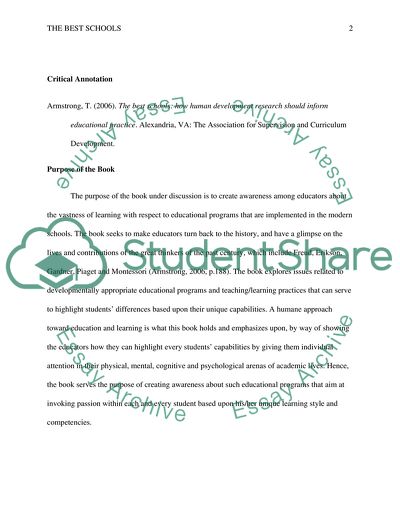Cite this document
(How Human Development Research Should Inform Educational Practice Book Report/Review, n.d.)
How Human Development Research Should Inform Educational Practice Book Report/Review. Retrieved from https://studentshare.org/education/1850808-adult-development
How Human Development Research Should Inform Educational Practice Book Report/Review. Retrieved from https://studentshare.org/education/1850808-adult-development
(How Human Development Research Should Inform Educational Practice Book Report/Review)
How Human Development Research Should Inform Educational Practice Book Report/Review. https://studentshare.org/education/1850808-adult-development.
How Human Development Research Should Inform Educational Practice Book Report/Review. https://studentshare.org/education/1850808-adult-development.
“How Human Development Research Should Inform Educational Practice Book Report/Review”, n.d. https://studentshare.org/education/1850808-adult-development.


